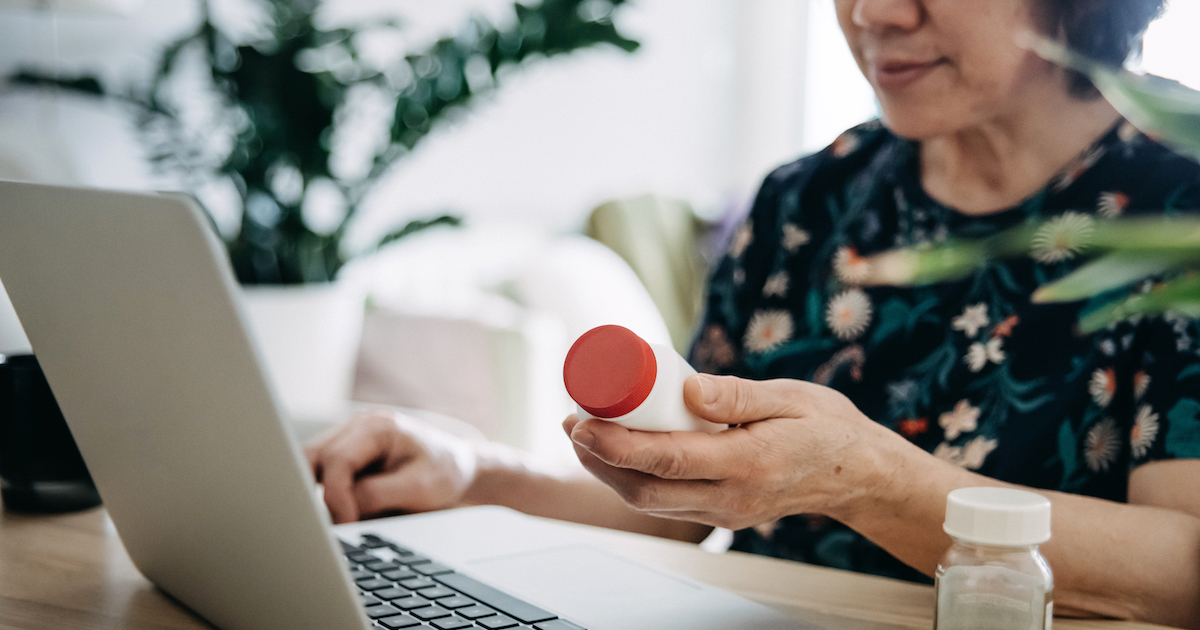 Atlanta-based rimidi is piloting its diabetes management and population health software Diabetes+Me in a 129-patient randomized control trial (RCT) with Heritage California ACO, a pioneer accountable care organization. The platform, which includes a mobile device-based patient engagement component, will be vetted for both its ability to lower A1C levels and for softer metrics like patient engagement and the patients' education level about their diabetes.
Atlanta-based rimidi is piloting its diabetes management and population health software Diabetes+Me in a 129-patient randomized control trial (RCT) with Heritage California ACO, a pioneer accountable care organization. The platform, which includes a mobile device-based patient engagement component, will be vetted for both its ability to lower A1C levels and for softer metrics like patient engagement and the patients' education level about their diabetes.
"We are the last mile of population health and diabetes management," CEO Lucienne Ide told MobiHealthNews at the Health IT Leadership Summit in Atlanta, Georgia. "So if you have an organization like a lot of these pay-for-performance capitated organizations, you now understand from a population health perspective, this diabetes problem — this is the number of patients, this is the performance, this is the dollars. What am I going to do about that? How am I going to impact the management to, all the way down to the patient level, better manage them?"
Patients are supplied with a mobile app that can be paired with connected glucometers like those from Telcare and iHealth. In addition to tracking their glucose readings, patients can use the app to track other health metrics like diet, exercise, and stress, and also to see educational material about diabetes (through a partnership with diabetes website and social network dLife) and even their clinician's notes -- not notes entered directly into the EHR, but notes entered specially into the platform's backend.
Once the data is in the system, doctors can use it to model different treatment options and interventions, such as predicting the effect of a new medication, and can share all of those insights with the patient. Doctors can decide whether a medication change is necessary, or whether a behavioral intervention like a change in diet or exercise is more appropriate.
"That’s our sweet spot," Ide said. "We help clinicians model and simulate that decision making so that they can target you know ‘I want to start you on this insulin and here’s the effect it’s going to have on you.’ So that helps me as a clinician make a better decision, but it also helps me engage the patient in understanding that decision, and therefore helps me engage the patient in actually filling that prescription and actually taking it, because now [they] know why."
Rimidi launched last December and is currently supported by a seed round from angel investors. The company is currently in the process of collecting data that will help sell providers on their value proposition.
"We’re at Heritage being used by patients and physicians now, we have another partner ACO that we’re announcing in the first quarter of next year," Ide said. "We’re working with an employer-payer where the payer would be sort of the case manager and the patients in that case would be the employees of the self-insured employer. Basically, we're generating case studies so we can take those and say 'Hey you’re a self-insured employer, look at our study of another self-insured employer.'"
The current randomized control trial at Heritage splits patients into three groups -- one with regular primary care, one with access to Heritage's staff pharmacists, and one with those same pharmacists and the Diabetes+Me platform. In addition to health outcomes like HbA1C, the study is also looking at qualitative metrics developed by the Rand corporation that measure patient engagement, patient trust of their doctor, and patient satisfaction with care.
"On the innovation side, diabetes can feel very crowded, like a lot of people are innovating," Ide said. "But when you go out to the customer side, in health systems, and ask what are they using, it’s not like they’re using another innovation. They’re using paper and pencil. And so we all feel crowded into this one little diabetes space, but there’s a wide open field out there."


